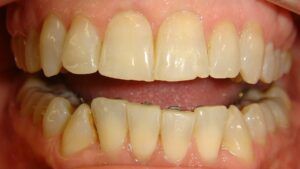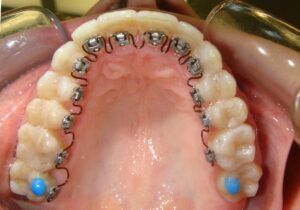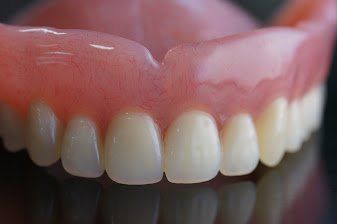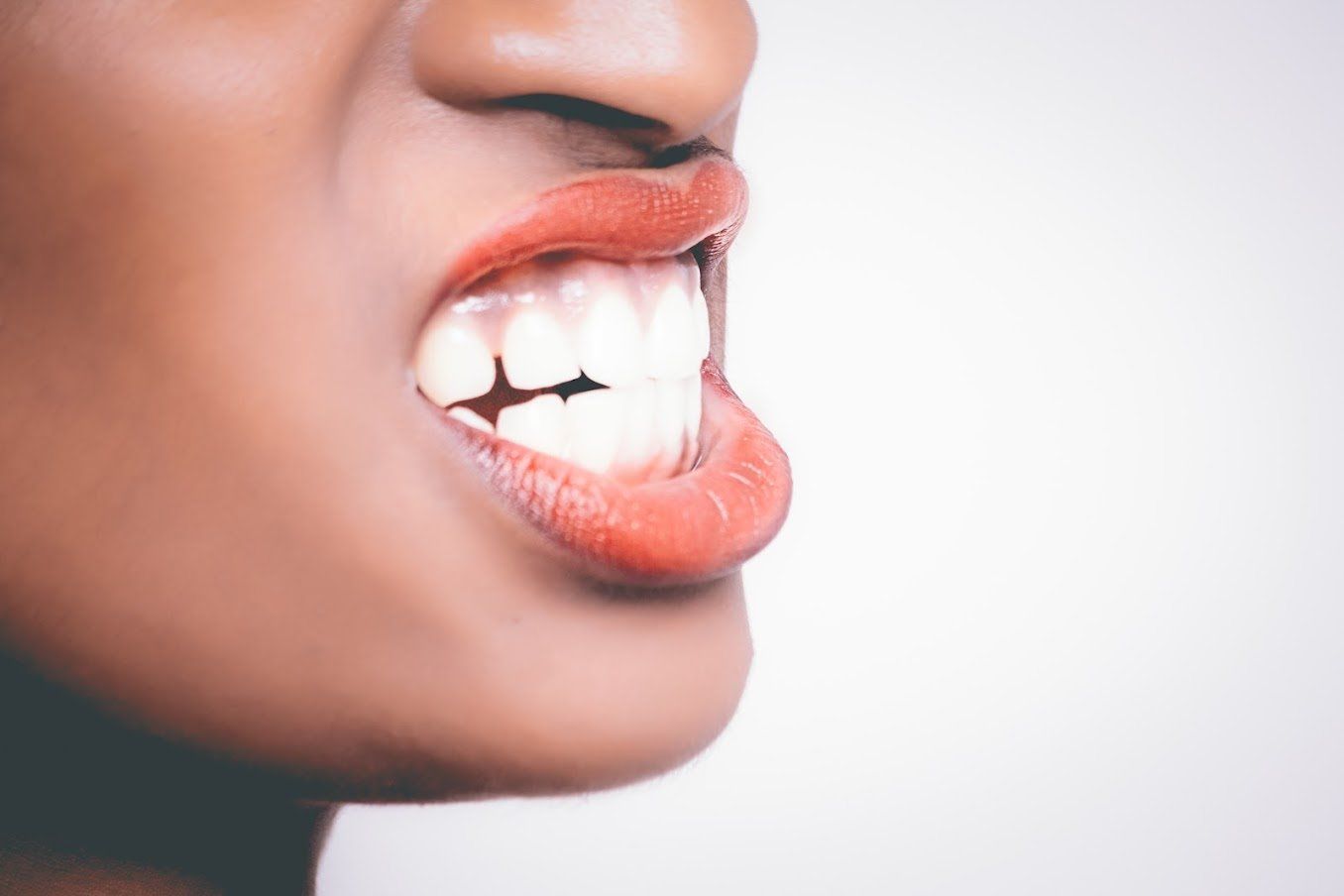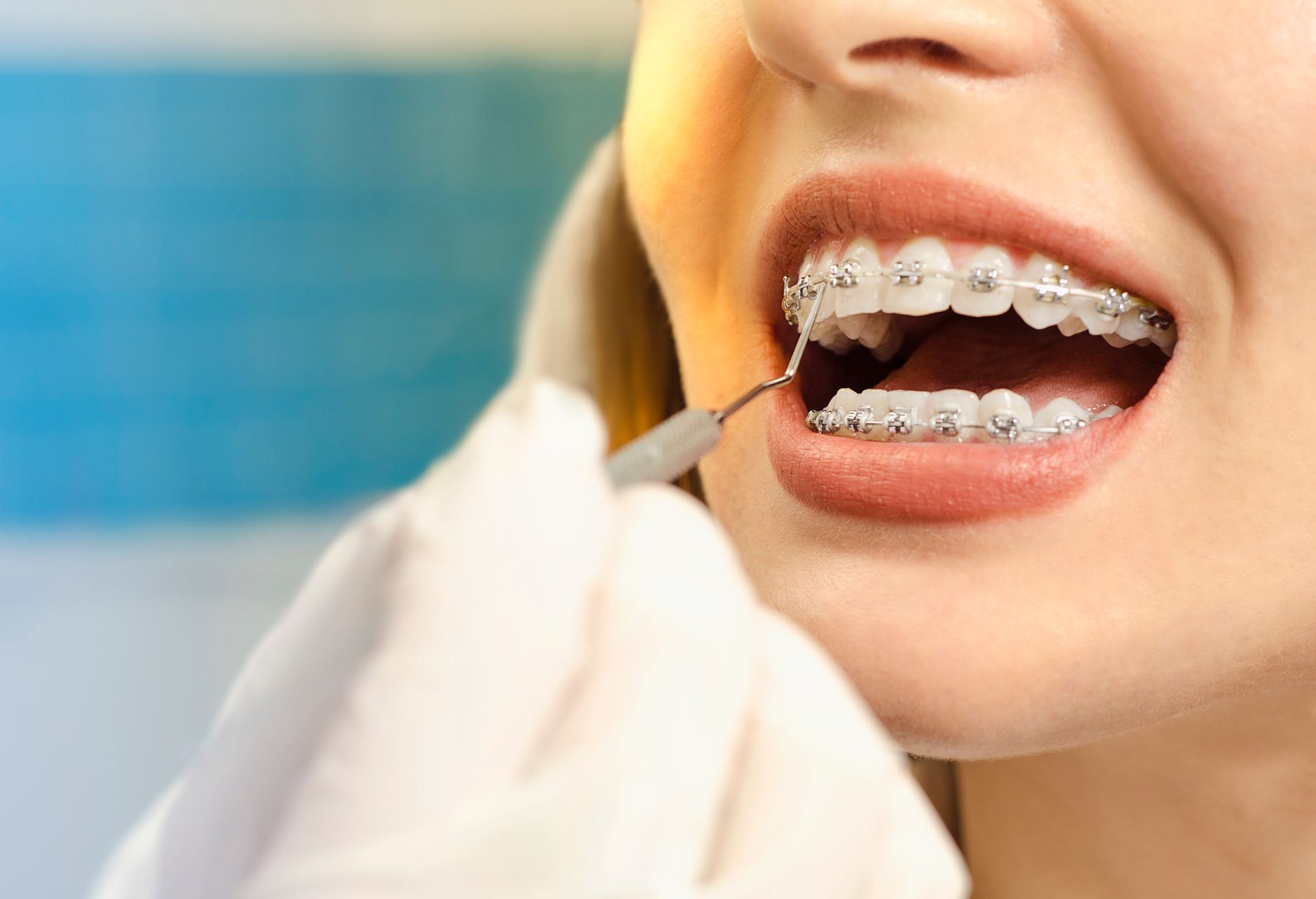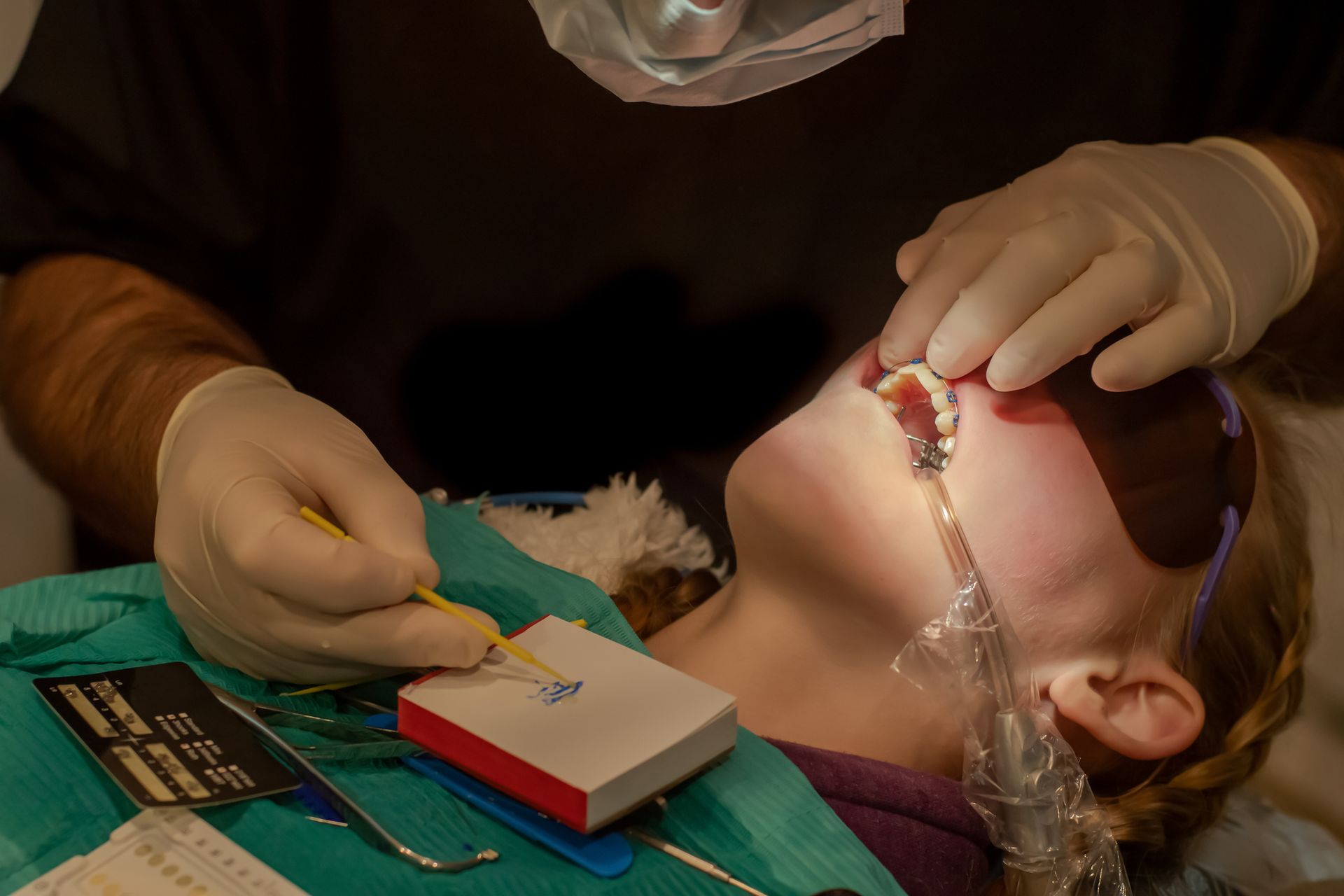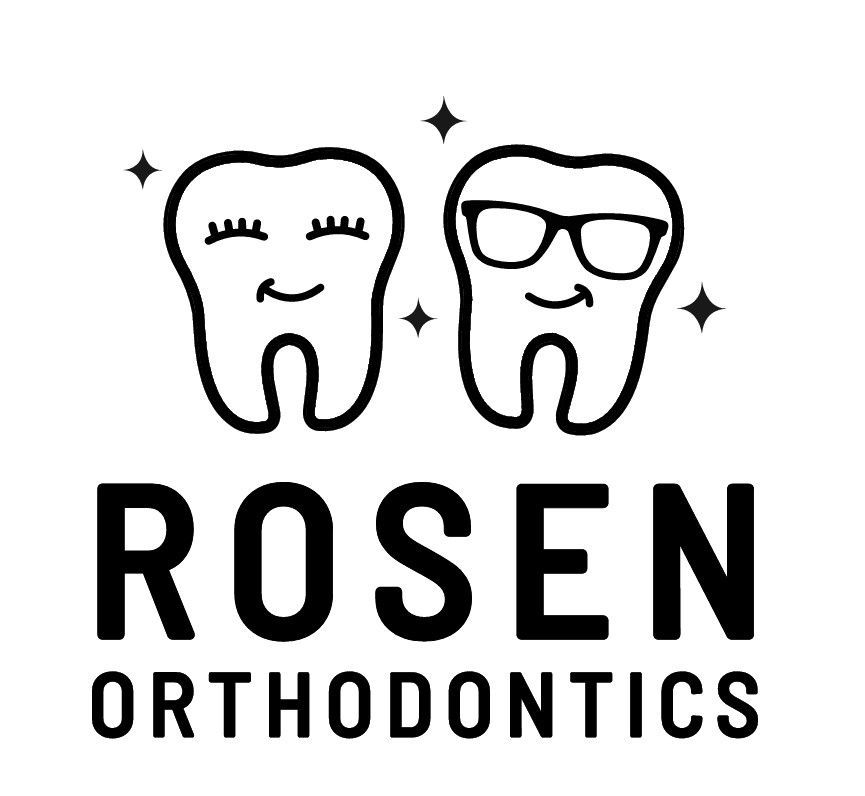If you want to correct your bite, your orthodontist may have recommended braces. You may not be keen on having brackets and wires show when you smile, so you may want to consider less-noticeable options. One option you should consider is lingual braces. See what patients can benefit from these orthodontic devices and why they might be a good fit for your situation!
Don’t Want Noticeable Orthodontics? Consider Lingual Braces
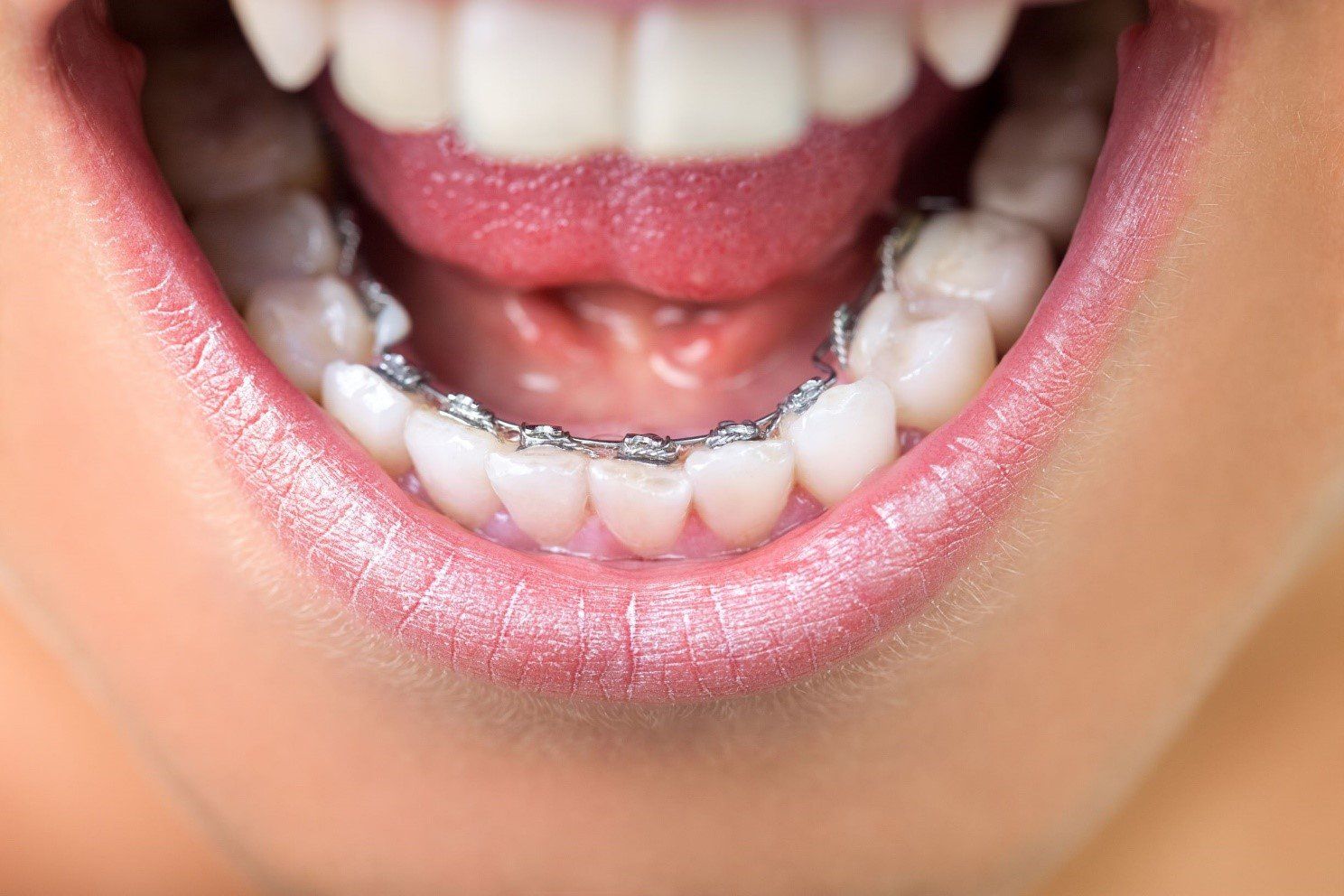
What Are Lingual Braces?
Can You Just Get Invisalign?
If you want inconspicuous braces, you may be considering Invisalign instead of lingual braces. Unfortunately, Invisalign doesn’t work with every situation. Invisalign can treat mild to moderate problems, but more severe malocclusions need brackets and wires.
For example, if you have large gaps, a severe overbite, or crowding that requires an extraction, your orthodontist may say that you aren’t a good candidate for Invisalign. Additionally, if you have any preexisting dental work, like a crown, then Invisalign may not work as well with those restorations compared to other orthodontic methods.
Who Is a Good Candidate for Lingual Braces?
A lot of patients are good candidates for lingual braces since they can treat mild to severe malocclusions. Deep overbites, however, may not be the best for lingual braces because the front teeth in the lower arch may bump into the brackets and wire on your top arch.
Like any other orthodontic appliance, good candidates for lingual braces must be committed to good oral hygiene. Because the braces are hidden on the backsides of your teeth, it may be tempting not to remove food debris, but this can cause decay in the long term.
Additionally, lingual braces are good for people who don’t mind making speech adjustments. Similar to full-time retainers, lingual braces can cause a temporarily lisp as you get used to them since your tongue may bump into them as you speak.
What Are Some Other Benefits Besides Improved Appearance?
Again, lingual braces are great for patients who don’t want their braces to be noticeable. However, they have many other benefits to consider.
For instance, traditional braces may use power chains, which are lengthy elastic bands that tug against teeth and can cause discomfort. Lingual braces already have good torque and force, so you don’t need the additional power chain bands.
Additionally, some types of lingual braces, like INBRACE, are more comfortable for patients since brackets and wires don’t rub against your cheeks and lips; they have smartwires, which look similar to traditional arch wires except they bend and drop below the gum line. This means that when you go to floss, you don’t have to weave the floss in and out of wires — you can floss between your teeth as you normally would.
Lastly, while researchers still need a larger pool of studies to draw from, one review found that many people were able to achieve their individualized treatment results.
The review also found that lingual braces had reduced decalcifications on bonded surfaces. When you wear braces, the brackets adhere to a portion of the enamel which can increase the risk of decalcification and discoloration. With lingual braces, you may be able to reduce that risk.
Reach out to us today at Rosen Orthodontics to learn more about lingual braces today or to set up an appointment.


